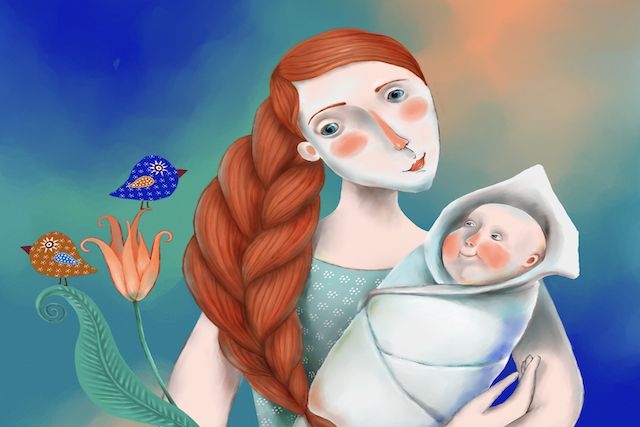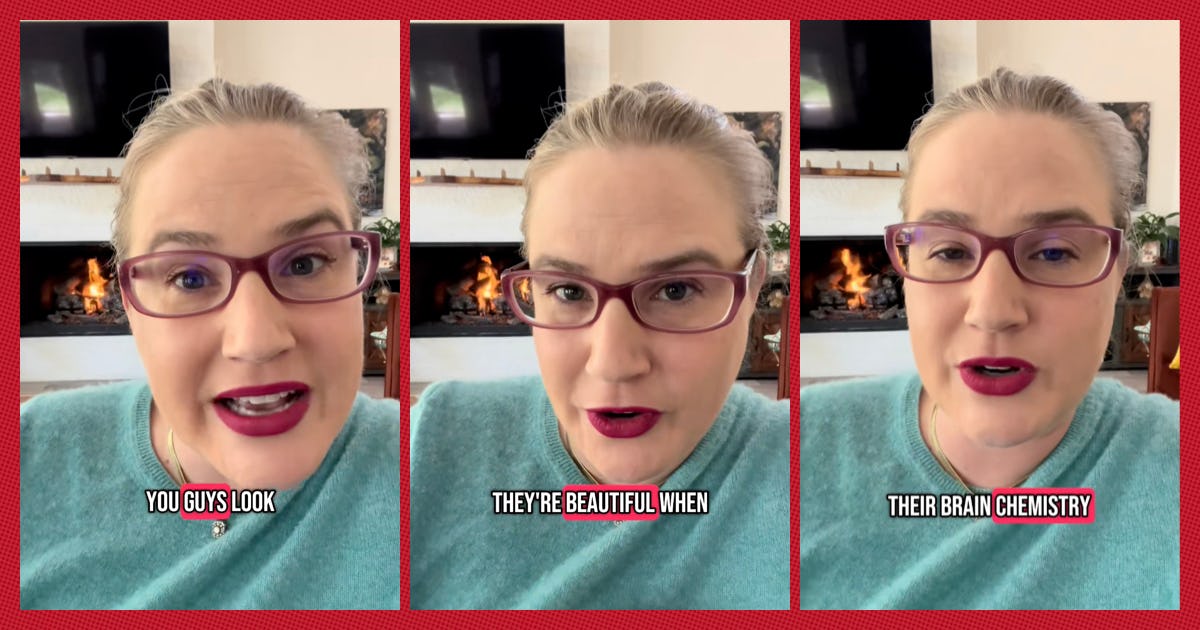#self-esteem
#self-esteem
[ follow ]
#mental-health #relationships #parenting #communication #child-development #body-image #depression #confidence
fromwww.mercurynews.com
3 days agoAsking Eric: This workplace incident is hanging over me, a year later
I worked for a family-owned realty company for nearly 30 years. I am not a family member. We started out as just four of us while the company expanded into one of the largest real estate firms in our community. I was an intricate piece of it, but as it grew, I felt more and more left in the dark by their decisions and considerations. It felt hostile to me.
Mental health
fromwww.theguardian.com
2 weeks agoIf toxic humility is a thing, I definitely have it. But perhaps there's another way | Emma Beddington
What's your favourite thing about yourself? Stylist's Love Yourself campaign asked over 400 women that, and published eight pages of their answers. People mostly picked low-key, quite specific stuff I can cook something out of nothing; I'm really strong; I can talk to anyone; I've got an excellent bum and it was lovely, and touching, to see women affirm what they like about themselves.
Mental health
fromPsychology Today
3 weeks agoIs There a "Swag Gap" in Your Relationship?
A new tragedy is being mourned over on TikTok when it comes to modern love. It's a sense of power dynamics known as the " swag gap." This specifically refers to a subtle but undeniable imbalance felt in " coolness " between two partners. When one person just seems to have it, and the other simply doesn't. Maybe one partner, the seemingly "cooler one," walks into every room like they own it, perfectly styled and effortlessly confident,
Relationships
fromTODAY.com
3 weeks agoPreschool Teacher Spills the Tea on What Kids Really Say About Their Parents at School
'You know your kids love you but you don't see them talk about you,' Katz, whose daughters are 10 and 12, tells TODAY.com. 'The space between you and your child when you send them to preschool for the first time just feels so wide, and you're just hoping that they're OK. Getting to be on the other side of it and seeing how much love these kids have for their parents ... I had no idea. You don't see.'
Parenting
fromAll Singles And Married
1 month ago10 Things to Avoid if You Don't Want to Destroy Your Spouse's Self-Esteem
Marriage is not just a union of two bodies; it is the joining of two hearts, two histories, two minds, and two souls. Your spouse's self-esteem is sacred ground, fragile yet powerful. If handled with care, it blossoms. If mishandled, it withers away silently until all that remains is a broken version of the one you once loved.
Relationships
fromPsychology Today
2 months agoHow to Overcome Emotional Reasoning
Believe it or not, emotional reasoning is neither rare nor uncommon. It is present when we feel jealous and conclude that our partner is cheating on us, with no reason or evidence to back this assumption up. It is in play when we feel judged and scrutinized, without a single remark or event as proof. It can negatively impact our impression when meeting a prospective employer triggers anxiety.
Mental health
fromPsychology Today
2 months agoHave We Been Misled About Self-Esteem?
Who says our opinions of ourselves are accurate? After nearly 20 years in practice as a therapist, I've seen how easily those opinions can be shaped-or misshaped-by life experiences. Some clients grew up in families that repeatedly communicated things, directly and indirectly, that weren't true about their worth. Others, who seemed confident for years, found their self-esteem derailed when self-doubt or impostor phenomenon crept in.
Mental health
fromPsychology Today
2 months agoEscaping the Comparison Trap
As social animals, we humans are hard-wired to learn, thrive, and grow through our relationships - our engagement with and observations of others. Early in life, we rely on teachers and role models for guidance and support. Through engagement in formal and informal settings, in school, games, and other pursuits in our young lives, comparison begins to seep into our daily lives.
Mental health
fromPsychology Today
3 months agoThe Transformative Power of Love
Your partner sees your potential. Let's say Nancy wants to become an accomplished artist. She begins dating Sam, who immediately admires her artistic perspective on life and her paintings. Their view shapes how they treat you. Because of how Sam views Nancy, he naturally encourages her to pursue her career in art-both when she is struggling to get any attention as an artist as well as when her work is shown in a new gallery.
Relationships
fromPsychology Today
3 months ago2 Signs That You're Happiest When You're Single
"Especially in the cultural background I come from, I would say as soon as you finish what you think is education; it could be a bachelor's or a master's, and then the second you go into a full-time job, then all of a sudden there's a switch, then you should be actively looking to end your singlehood."
Relationships
fromPsychology Today
5 months agoHow Narrative Therapy Can Improve Self-Esteem
Narrative therapy encourages us to begin by identifying our dominant narrative—the main story we tend to focus on and tell about ourselves. Dominant narratives, though told and retold, are not always fully accurate; they sometimes ignore other important parts of the story.
Mental health
Relationships
fromPsychology Today
7 months agoWhat Is Retroactive Jealousy and How Do We Deal With It?
Retroactive jealousy is common but can harm relationships if not managed.
Understanding the root causes of jealousy is essential.
Fact-checking thoughts helps prevent assumptions from damaging trust.
Emphasizing present connections is key to mitigating jealous feelings.
[ Load more ]























